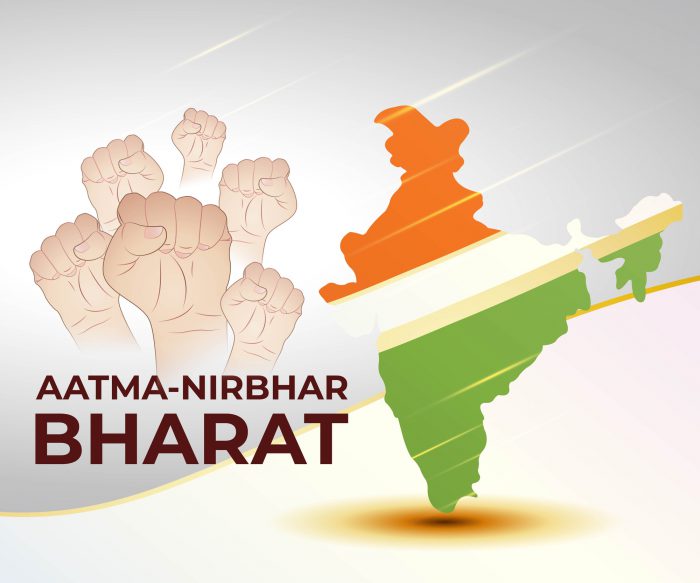Aatmanirbhar Bharat
Aatmanirbhar Vidya

No rigid separation in academic, extracurricular and vocational streams. New curricula for a 15-year school tenure. Teaching in the mother tongue up to grade 5. Emphasis on conceptual understanding. These are not some ‘hot education’ concepts from Finland. This is the New Education Policy, 2020 right here in India.
The policy is revolutionary in vision and scope and is being introduced not a second too late. The proof of the pudding, will however, be in the eating. The success of this lies in the outcomes: Will NEP 2020 equip our biggest asset – the youth of our population – with employable skills for the 21st century? Will it be able to make an impact on children hungering for learning in the remote hinterlands? What about children of migrant populations? As we saw last year during the lockdown, millions of migrants move around the country in search of a living.Their children, unfortunately, are forced to drop out of the schooling system sooner rather than later. Will NEP 2020 help leapfrog a relatively agrarian, mostly rural country firmly into the post-knowledge era of the mid 21st century?
These are important questions for which there are no ready answers. Educationists, entrepreneurs, planners and leaders across the country are pondering these very questions as I write. As an entrepreneur in the edtech space myself, I posit that NEP 2020, while daring and ambitious in its agenda, needs to go further in its scope and implementation to make the impact our country needs.
Consider these numbers: by 2030, 4 billion people living on the planet will be on the internet. This is an incredible melding of minds, never before seen in the march of humanity. Imagine the opportunities for collaboration, innovation and creation when 4 billion minds talk to each other. The possibilities of what we can do are endless.
And yet, to be able to truly aim to be part of this global collective, to be participating members making meaningful contributions, Indian children need to be equipped with a host of 21st century skills – communication, collaboration and critical thinking. These skills need to be the focus of NEP 2020 implementers. Countries across the globe are signing on to a common understanding of 21st century skills, work habits and abilities that their populations need to equip themselves with. NEP 2020 must address this and sign on as well.
Our honourable Prime Minister referred to precisely this during the two-day conclave on School Education in the 21st Century in September 2020. “We have to advance our students with 21st-century skills. These 21st Century skills will be: Critical Thinking, Creativity, Collaboration, Curiosity, Communication,” he said.
What about college goers, job seekers and professionals seeking to upskill themselves? It is a sad testament to our current system that it is producing lakhs of engineers who can’t communicate and science graduates who can’t problem solve. There is a yawning gap between academia and industry – many enterprises attempt to bridge this by putting new joinees through elaborate training programs but those that fall through the cracks stare at bleak futures replete with dead-end jobs and un(der)employment.
The push for hybrid vocational training in NEP 2020 is a highly welcome step in this regard. Let us make this training truly hybrid by using the digital infrastructure to train the youth remotely – whether they login from mobile phones or other devices, whether they are urban or rural, they must have the same opportunities to skill and reskill themselves as per market demand.
E-learning need not be a one-way street of long lists of prescriptive videos – these just result in cognitive overload, very poor engagement and dismal outcomes. We are only now knocking on the doors of true, technology-driven learning – gamified courses, AR/VR driven simulations, collaborative and competitive interactive settings and more. India is a technology powerhouse delivering world-class software services to the West. It’s time to turn that focus inwards and build world-class edtech for our children and youth.
My venture, Elite, aims to equip professionals with just-in-time knowledge curated from the vast ocean of content that’s already out there. Elite users learn on the job, keeping their long term job and role ambitions in mind. We are moving the platform to provide concept-based education for vocational skills as well.
Elite is our contribution to supporting NEP 2020. As India looks to become self-reliant in all spheres, innovative, holistic, concept-driven, digital education can become one of the hallmarks of our unique system of 21st century learning.

